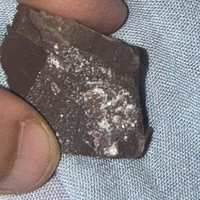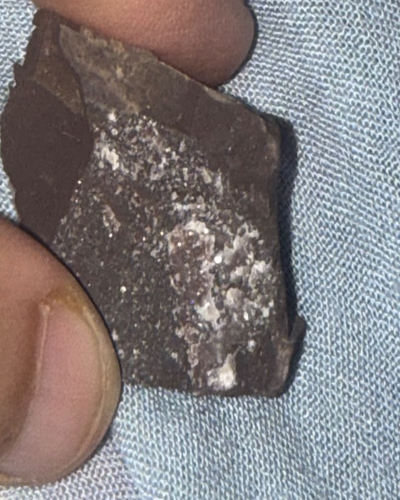Mauritania"s metals sector is witnessing a fascinating shift, marked by a significant decline in ores and metals exports, from 62. 98% of merchandise exports in 2021 to 39. 47% in 2022. This decline coincides with a consistent drop in ores and metals imports, now at a mere 0. 15% of merchandise imports. This trend suggests a shift towards domestic processing and consumption, potentially opening opportunities for local industries to capitalize on the growing internal demand. Despite these challenges, the sector remains a critical component of Mauritania"s economy, with the metals industry contributing significantly to GDP, alongside agriculture and services. The steady growth in GDP, which surged by 6.
80% in 2022, highlights the potential for expansion within the metals market, especially in the processing and manufacturing sectors. However, the industry faces hurdles such as energy consumption and limited access to electricity, with only 49% of the population connected in 2022. This limitation underscores the urgent need for infrastructural development to support industrial growth. Additionally, the inflation rate of 9. 53% poses a challenge to affordability and competitiveness in the global market. For businesses looking to navigate these dynamics, leveraging platforms like Aritral. com can be advantageous. As an AI-driven B2B tool, Aritral simplifies international trade in commodities and raw materials by offering services such as Product Listing, Direct Communication, and AI-Powered Marketing. By utilizing these services, businesses can efficiently connect with global partners, enhance their market presence, and drive growth in the evolving metals sector of Mauritania.
-
 Yahya 2 months ago
Yahya 2 months ago Mauritania
Stone
Mauritania
Stone
Raw stoneDetails

